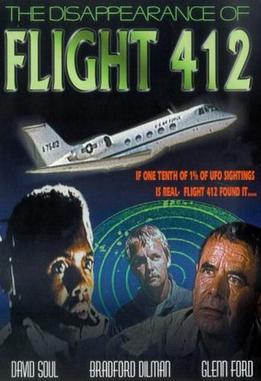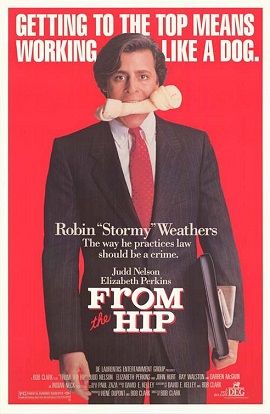Welcome to Retro Television Reviews, a feature where we review some of our favorite and least favorite shows of the past! On Wednesdays, I will be reviewing the original Love Boat, which aired on ABC from 1977 to 1986! The series can be streamed on Paramount Plus!
This week, Julie’s parents set sail on The Love Boat!
Episode 2.3 “Rocky/Julie’s Dilemma/Who’s Who?”
(Dir by Allen Baron and Roger Duchowny, originally aired on September 23rd, 1978)
After last week’s hurricane and hostage situation, things calm down a bit for this week’s episode of The Love Boat.
Julie is super-excited because her parents, Bill (Norman Fell) and Martha (Betty Garrett), are going to be on this cruise. Her parents, meanwhile, are only slightly excited about seeing where Julie works and getting to see all of the members of the crew. They would perhaps be more excited if not for the fact that they’re planning on getting a divorce as soon as the cruise is over. They haven’t told Julie, of course. In fact, they tell Captain Stubing before they tell Julie. Why would they tell someone whom they’ve only know for ten minutes before they would tell their own daughter? What awful parents!
When they do eventually tell Julie, she has an emotional breakdown and runs through the corridors of the ship, sobbing. Listen, I’ve been there. When my parents told me that they were getting divorced, I had a difficult time with it as well. Of course, I was twelve years old, whereas Julie is in her late 20s. Still, it’s never easy. Fortunately, Julie realizes that her parents still love each other so she just sets them up with different people on the boat so that they can get jealous and fall back in love. And it works! Julie’s parents get back together….
Which is nice, I guess. I mean, one doesn’t watch The Love Boat because one wants to see a realistic story about the complexities of love and marriage. Still, the show made it look so simple that it got on my nerves. It’s not that simple and any actual child of divorce can tell you that. Again, it’s The Love Boat so perhaps I shouldn’t judge too harshly but I would have had so much more respect for the show if Bill and Martha had told Julie that they were still getting a divorce at the end of the cruise. It would have been a lot more honest than presenting a story where a marriage can be saved by wishful thinking.
While Julie was trying to save her parent’s marriage and prevent several years of awkward holidays, a young girl named Rocky (Melissa Gilbert) was developing her first crush on a boy named Norman (Jimmy Baio). It was actually a sweet little story and both Melissa Gilbert and Jimmy Baio gave likable performances. When Rocky learned that her family would be moving after the cruise, she was upset until she learned that their new home would be in El Paso, which was also where Norman and his family lived. Again, it was simple but sweet. And it went along well with the divorce storyline. While one relationship nearly ended, another began.
Finally, in the silliest story of the week, TV network censor Pat (Dody Goodman) boards the ship and is told that she will be sharing a cabin with Marion Atkins. That’s fine with Pat. Her main concern is making sure that nothing shocking or sordid happens on the cruise. However, it turns out that Marion Atkins (played by James Coco) is actually a guy! Fortunately, Marion turns out to be just as puritanical as Pat. He even brings a bunch of pamphlets on chastity with him for the cruise. Pat and Marion first meet while wandering around the ship and they fall very chastely in love. Since their morals forbid them from following each other to their cabin, they somehow manage to go nearly the entire cruise without realizing that they are living together. When they do realize that they’re cabinmates, they resolve to get married as soon as the boat docks. This whole story was just incredibly dumb and not in a fun way either. Obviously, The Love Boat was taking a swipe at the same network censors who probably insisted that the show be relatively discreet about what was going on behind the closed doors of the ship’s cabins. But Pat and Marion were both so incredibly clueless that it was hard to care about them one way or the other.
This was a bit of uneven episode but, in the end, the boat still looked like a fun place on which to hang out and work. And really, that’s the important thing.



